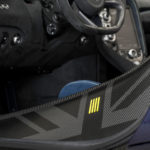
Hoewel het huidige seizoen nog maar nauwelijks van start is, maken wij reeds bekend wat de FIA bedacht heeft voor volgend jaar.
De Formule 1 blijft in beweging. Na de reeds radicale aanpassingen voor het huidige seizoen, heeft de FIA de aanpassingen van het reglement voor seizoen 2010 ook reeds bekendgemaakt.
Wat meteen opvalt, is dat teams kunnen kiezen voor een optioneel maximumbudget van 40 miljoen £. In ruil hiervoor krijgen ze minder beperkingen op het gebied van technologische ontwikkelingen. Dit heeft bijvoorbeeld geen invloed op het budget van marketing, boetes alsook niet op de ontwikkeling van de motor. Dit laatste geldt evenwel echter enkel nog voor 2010, daarna niet meer. Wat betreft de “grotere technische vrijheid”, dit houdt hoofdzakelijk in dat er geen maximumtoerental wordt opgelegd alsook dat vervormbare vleugels, zowel voor als achter, worden toegestaan.
Vanaf 2010 wordt het ook verboden om tijdens de race bij te tanken. Dit zal er ongetwijfeld voor zorgen dat strategische en tactische beslissingen nog belangrijker zullen worden dan ze al waren. Bandenwarmers worden ook volledig verboden.
Als laatste wordt ook het minimumgewicht van de wagens verhoogd van 605kg naar 620kg. Hierdoor wordt het extra gewicht van het KERS systeem opgevangen en wordt uiteraard het gebruik en ontwikkeling hiervan aangemoedigd. (Via: F1journaal)
Hieronder vindt u het volledige bericht van de FIA.
FORMULA ONE WORLD CHAMPIONSHIP
2010 FIA Formula One World Championship
Applications to compete in the 2010 FIA Formula One World Championship are to be submitted to the FIA during the period 22-29 May 2009. Teams must state in their application whether they wish to compete under cost-cap regulations.
The maximum number of cars permitted to enter the Championship has been increased to 26, two being entered by each competitor.
The FIA will publish the list of cars and drivers accepted on 12 June 2009, having first notified unsuccessful applicants.
Cost Cap Regulations
From 2010, all teams will have the option to compete with cars built and operated within a stringent cost cap.
The cost cap for 2010 will be £40m per annum*. This figure will cover all team expenditure except:
Marketing and hospitality; Remuneration for test or race drivers, including any young driver programmes; Fines or penalties imposed by the FIA; Engine costs (for 2010 only); Any expenditure which the team can demonstrate has no influence on its performance in the Championship; Dividends (including any tax thereon) paid from profits relating to participation in the Championship. * For the purposes of these Regulations, the financial year is 1 January to 31 December.
A new Costs Commission is being set up to monitor and enforce these cost-cap financial regulations. The Costs Commission will consist of a Chairman and two other Commissioners, appointed by the WMSC for terms of three years.
One Commissioner should be a finance expert and the other should have high level experience in motor sport. The Chairman should have appropriate experience and standing in motor sport or sports governance. All members of the Costs Commission shall be independent of all teams.
In addition to the payments which it already makes to the top ten teams in the Championship, Formula One Management, the commercial rights holder, has agreed to offer participation fees and expenses to the new teams. This includes an annual payment of US$10 million to each team plus free transportation of two chassis and freight up to 10,000 kg in weight (not including the two chassis) as well as 20 air tickets (economy class) for each round trip for events held outside Europe.
To be eligible for this, each new team must qualify as a “Constructor” and demonstrate that it has the necessary facilities, financial resources and technical competence to compete effectively in Formula One.
To enable these cars to compete with those from teams which are not subject to cost constraints, the cost-capped cars will be allowed greater technical freedom.
The principal technical freedoms allowed are:
1. Movable wings, front and rear. 2. An engine which is not subject to a rev limit.
The teams will also be allowed unlimited out-of-season track testing with no restrictions on the scale and speed of wind tunnel testing.
Changes applicable to all teams
It was confirmed that from 2010, refuelling during a race will be forbidden in order to save the costs of transporting refuelling equipment and increase the incentive for engine builders to improve fuel economy (to save weight).
It was also confirmed that tyre blankets will be banned and that the ban on other tyre-heating devices will be maintained.
By exception, if supported by the Safety Commission, the FIA WMSC may approve the issue of the Formula One Super Licence to persons judged by the Council to have met the intent of the qualification process.
WORLD RALLY CHAMPIONSHIPThe WMSC at its meeting on the 7 December 2007 agreed the calendar for the 2010 World Rally Championship based on a two-year rotation of 24 events over 2009 and 2010.
Since that time the events in Indonesia (20 June) and Russia (18 July) have not passed inspection and are not ready to run in the 2010. Also, Rally Monte Carlo (24 January) may ask to rejoin the calendar in 2011 rather than 2010.
The events that are not available to be included in the previously issued calendar will be replaced by proven existing events that have run this year.
FORMULA TWO CHAMPIONSHIP
Points for the title will be awarded at each race according to the previously agreed scale but a driver may now drop his scores from two races. This is due to the very short time for preparation for the Championship and has been added to reduce the influence of any unreliability on results in the first year.
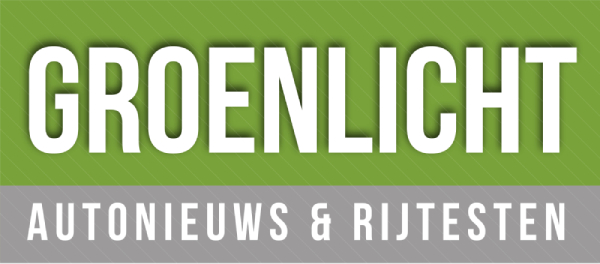
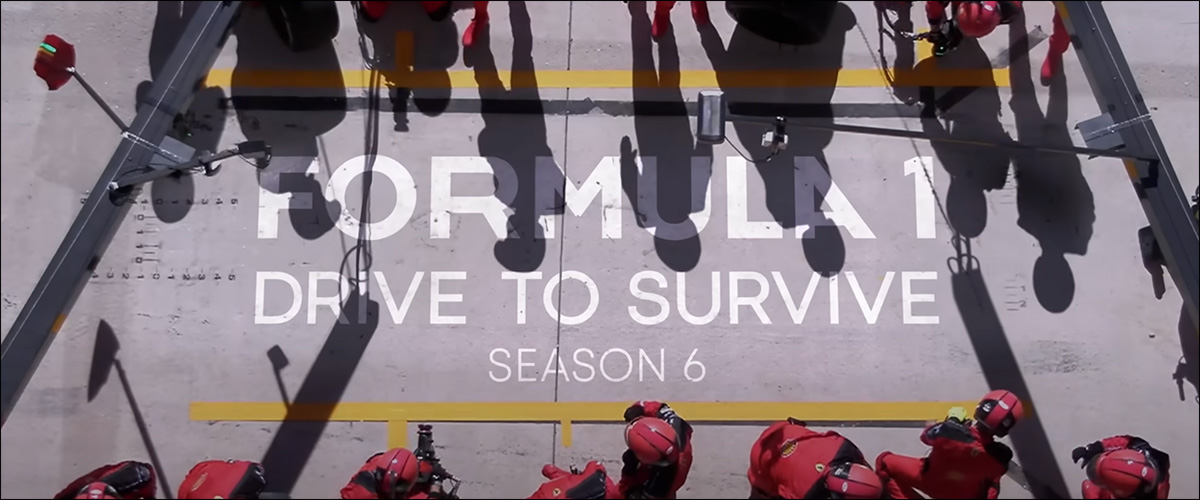 Alvorens het nieuwe Formule 1 seizoen van start gaat krijgen we met Drive to Survive 6 op Netflix een mooie samenvatting van hoe het vorig jaar verliep!
Ook in 2023 kroonde Max Verstappen zich (gemakkelijk?) tot Formule 1 wereldkampioen. Alsof dat niet voldoende was brak de jeugdige Nederlander ook een hoop andere records. Zoals “meest succesvolle coureur” (hoogste winstpercentage), meeste ronden aan de leiding (1.000!) én succesvolste team (21/22). Op de Grote Prijs van Singapore na (Sainz) pakte Red Bull Racing namelijk alle overwinningen. Sergio Perez was goed voor twee overwinningen (Saoedi-Arabië en Azerbaijan) en werd uiteindelijk vice wereldkampioen. De bronzen medaille was weggelegd voor Lewis Hamilton en diens (niet altijd zo snelle) Mercedes. Ondanks hoge verwachtingen en het nodige enthousiasme kon Ferrari maar geen vuist maken tegen de uiterst succesvolle combinatie van Max en Red Bull.
Begin maart start het Formule 1 seizoen 2024 met de Grote Prijs van Bahrein. Gezien de ramadan zowaar op een zaterdag … net zoals in Saoedi-Arabië de week nadien! Alvorens we ons opmaken voor een gigantisch seizoen met maar liefst 24 races (!) krijgen we met Drive to Survive (nummer 6!) nog even een interessante recap van 2023. Uiteraard zal de indrukwekkende zegereeks van Verstappen aan bod komen. Tegelijk verwachten we ook
Alvorens het nieuwe Formule 1 seizoen van start gaat krijgen we met Drive to Survive 6 op Netflix een mooie samenvatting van hoe het vorig jaar verliep!
Ook in 2023 kroonde Max Verstappen zich (gemakkelijk?) tot Formule 1 wereldkampioen. Alsof dat niet voldoende was brak de jeugdige Nederlander ook een hoop andere records. Zoals “meest succesvolle coureur” (hoogste winstpercentage), meeste ronden aan de leiding (1.000!) én succesvolste team (21/22). Op de Grote Prijs van Singapore na (Sainz) pakte Red Bull Racing namelijk alle overwinningen. Sergio Perez was goed voor twee overwinningen (Saoedi-Arabië en Azerbaijan) en werd uiteindelijk vice wereldkampioen. De bronzen medaille was weggelegd voor Lewis Hamilton en diens (niet altijd zo snelle) Mercedes. Ondanks hoge verwachtingen en het nodige enthousiasme kon Ferrari maar geen vuist maken tegen de uiterst succesvolle combinatie van Max en Red Bull.
Begin maart start het Formule 1 seizoen 2024 met de Grote Prijs van Bahrein. Gezien de ramadan zowaar op een zaterdag … net zoals in Saoedi-Arabië de week nadien! Alvorens we ons opmaken voor een gigantisch seizoen met maar liefst 24 races (!) krijgen we met Drive to Survive (nummer 6!) nog even een interessante recap van 2023. Uiteraard zal de indrukwekkende zegereeks van Verstappen aan bod komen. Tegelijk verwachten we ook 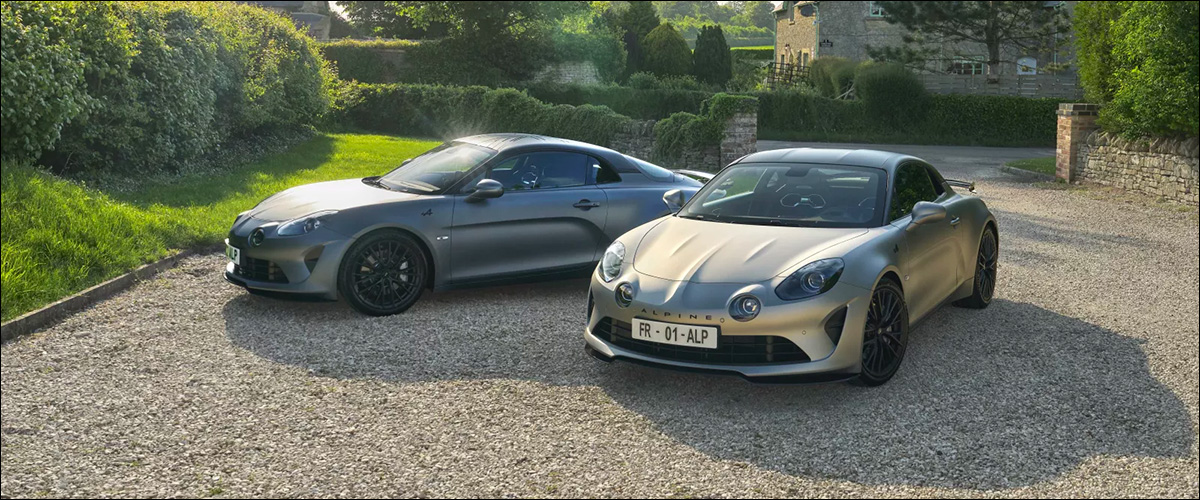 Met de A110 S Enstone Edition viert Alpine deze keer de uitmuntendheid en expertise van de twee fabrieken in Enstone (Engeland, F1) en Dieppe (Frankrijk, A110).
In afwachting van de langverwachte (en vooral zuiver elektrische)
Met de A110 S Enstone Edition viert Alpine deze keer de uitmuntendheid en expertise van de twee fabrieken in Enstone (Engeland, F1) en Dieppe (Frankrijk, A110).
In afwachting van de langverwachte (en vooral zuiver elektrische) 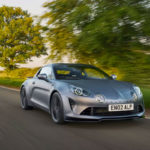
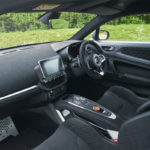

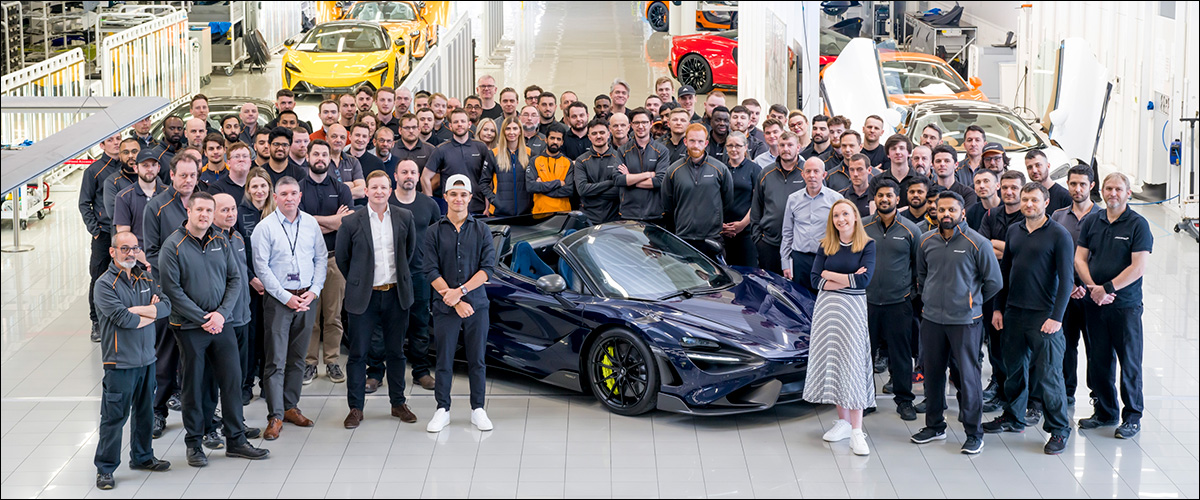 Aan snelle bolides geen gebrek in het leven van Lando Norris, toch kon de F1 piloot het niet laten om een unieke McLaren 765LT Spider te bestellen.
Begin 2022 werd het contract van Lando Norris met vier jaar verlengd. Dus tot en met het F1 2025 seizoen zal de sympathieke Brit uitkomen voor het
Aan snelle bolides geen gebrek in het leven van Lando Norris, toch kon de F1 piloot het niet laten om een unieke McLaren 765LT Spider te bestellen.
Begin 2022 werd het contract van Lando Norris met vier jaar verlengd. Dus tot en met het F1 2025 seizoen zal de sympathieke Brit uitkomen voor het 
